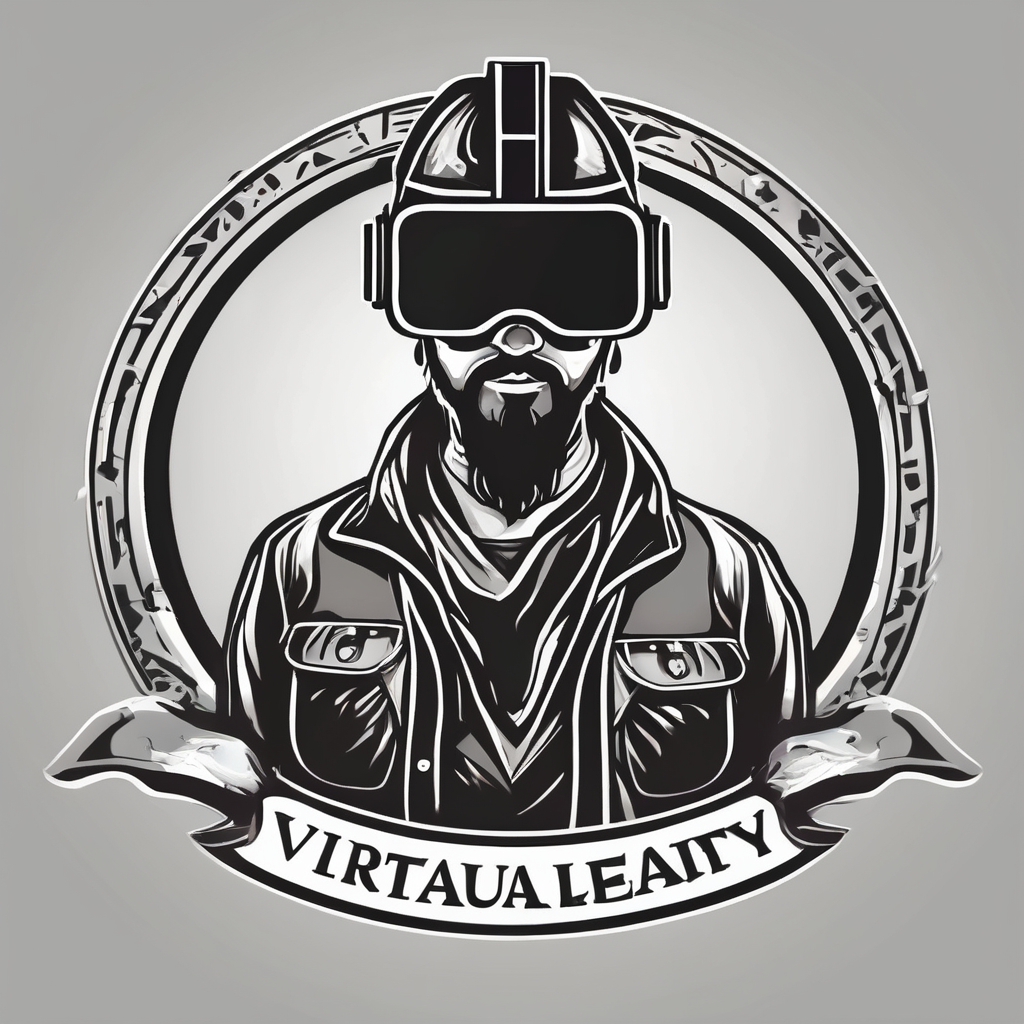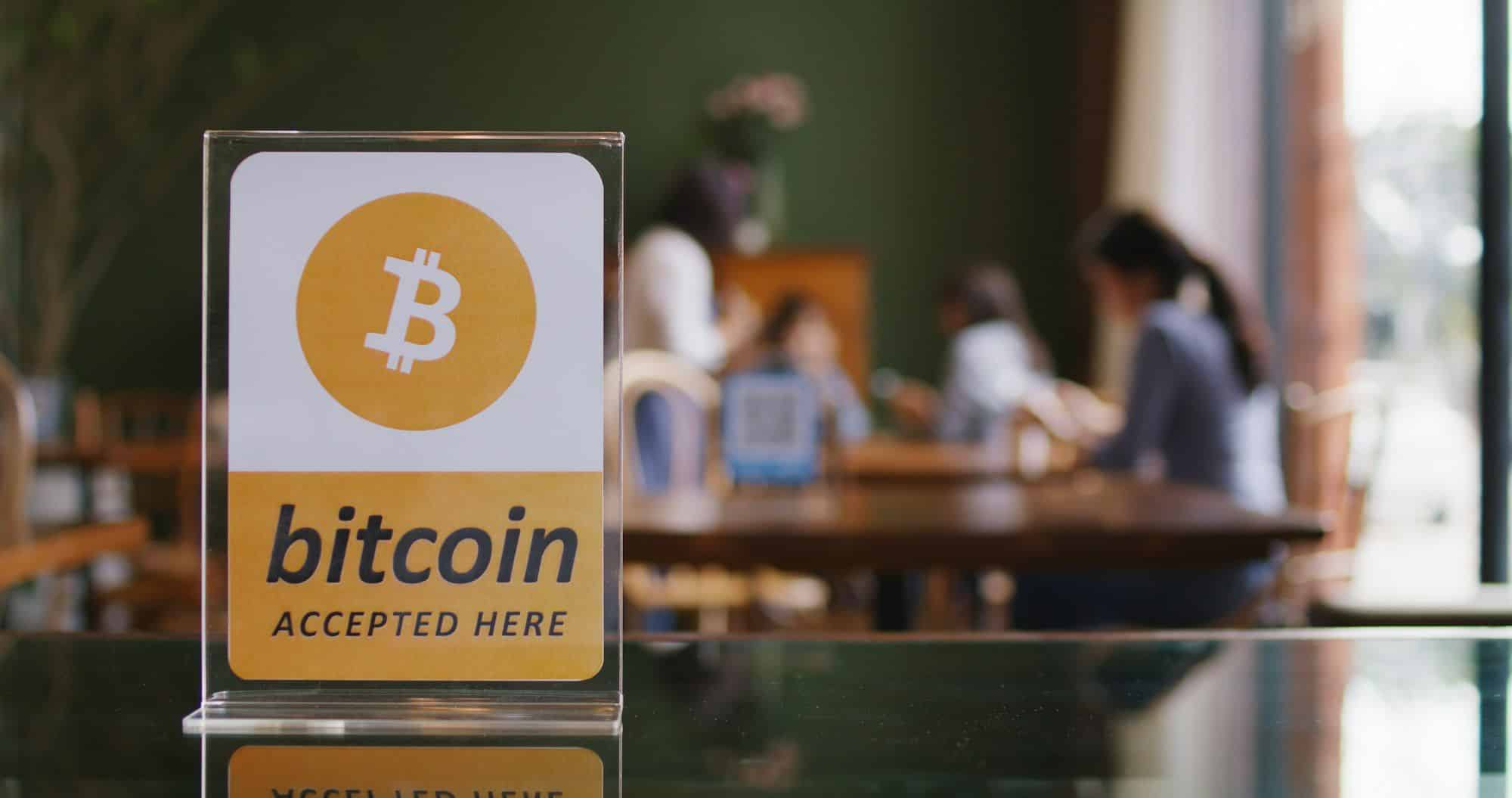Online multiplayer games have revolutionized the gaming industry, offering players a chance to engage in real-time, virtual interactions with peers from around the globe. However, the online gaming landscape is not without its challenges, chief among them being cheating. Cheating not only undermines the gaming experience but also affects player trust and the long-term success of gaming platforms. One promising solution lies in blockchain technology. By leveraging blockchain, game developers can create more secure, transparent, and enjoyable gaming environments. In this article, we will explore how developers can use blockchain technology to prevent cheating in online multiplayer games.
Blockchain Technology: The Basics
Before diving into its application in gaming, let’s first understand blockchain technology. At its core, a blockchain is a decentralized, digital ledger that records transactions across multiple computers. This ensures that the data is secure, transparent, and immutable. Each block in the chain contains a set of transactions, and once added, it cannot be altered. This decentralized nature makes blockchain an ideal technology for creating secure and cheat-proof systems.
Also to see : How can real-time ray tracing enhance the visual fidelity of space exploration games?
For the gaming industry, the adoption of blockchain can bring about a paradigm shift. It can help in securing game assets, ensuring fair play, and providing players with true ownership of their digital assets. Blockchain’s inherent features like decentralization, transparency, and immutability make it a robust solution for tackling cheating in online multiplayer games.
Enhancing Security and Transparency
One of the primary ways blockchain technology can prevent cheating is by enhancing security and transparency. Traditional online games rely on centralized servers, which are vulnerable to hacking and manipulation. Cheaters can exploit these vulnerabilities to gain unfair advantages, such as aimbots, wallhacks, and other unauthorized modifications.
Also read : How can machine learning improve the accuracy of predicting player skill levels in competitive gaming?
Blockchain, on the other hand, operates on a decentralized network, making it significantly harder for cheaters to tamper with game data. By storing game data on a blockchain, every transaction and action is recorded in a transparent and immutable manner. This means that any attempt to alter the data will be immediately detected and flagged.
Furthermore, blockchain can provide players with a transparent view of all in-game transactions. For example, if a player acquires a rare item or achieves a high score, this information is recorded on the blockchain and can be verified by anyone. This level of transparency helps in maintaining the integrity of the game and discourages cheating.
Ensuring Fair Play with Blockchain-Based Systems
Fair play is essential for a positive gaming experience. Cheating not only ruins the experience for honest players but also damages the reputation of the game. Blockchain-based systems can significantly enhance fair play by implementing smart contracts and decentralized game rules.
Smart contracts are self-executing contracts with the terms of the agreement directly written into code. In the context of gaming, smart contracts can be used to enforce game rules automatically. For instance, if a game has specific rules for player interactions or item exchanges, these rules can be encoded into smart contracts. This ensures that the rules are followed consistently and without bias, reducing the scope for cheating.
Additionally, decentralized game rules mean that no single entity has control over the game’s mechanics. This eliminates the possibility of developers or administrators manipulating the game to favor certain players. Instead, the game rules are governed by the blockchain, ensuring a level playing field for all participants.
Ownership and Transfer of Digital Assets
Digital assets play a crucial role in online multiplayer games. Players invest time and money to acquire items, characters, and other in-game assets. However, in traditional games, players do not have true ownership of these assets, as they are stored on centralized servers controlled by the game developers.
Blockchain technology can change this by allowing players to have genuine ownership of their game assets. By representing these assets as non-fungible tokens (NFTs) on the blockchain, players can buy, sell, and trade them on decentralized marketplaces. This not only gives players more control over their assets but also introduces a new level of security.
Since blockchain ensures the authenticity and provenance of digital assets, it becomes virtually impossible for cheaters to create counterfeit items or engage in fraudulent transactions. Every transaction involving a digital asset is recorded on the blockchain, providing a transparent and tamper-proof record. This builds trust among players and enhances the overall gaming experience.
Peer-to-Peer Transactions and Decentralized Gaming Platforms
Peer-to-peer (P2P) transactions are another area where blockchain can make a significant impact. Traditional online games often rely on central servers to facilitate transactions between players. This centralization can lead to delays, high fees, and a lack of trust.
Blockchain enables peer-to-peer transactions without the need for intermediaries. By using blockchain-based payment systems, players can conduct transactions directly with each other. This not only reduces transaction fees but also ensures faster and more secure exchanges.
Moreover, decentralized gaming platforms built on blockchain technology can offer a more secure and transparent environment for players. These platforms operate without a central authority, reducing the risk of hacking and data breaches. Players can participate in games, interact with each other, and conduct transactions with confidence, knowing that their data and assets are secure.
The Future of Blockchain Gaming
The integration of blockchain technology into the gaming industry is still in its early stages, but the potential benefits are immense. As more game developers and development companies explore the possibilities of blockchain, we can expect to see innovative solutions that enhance security, fairness, and player ownership.
Blockchain-based games, often referred to as blockchain games, are already gaining traction. These games leverage the unique features of blockchain to create new and exciting gaming experiences. For example, play-to-earn games allow players to earn real-world value by participating in the game and acquiring valuable digital assets.
In addition to preventing cheating, blockchain can also foster new gaming experiences by enabling cross-game asset interoperability. Players can use their digital assets across different games and platforms, creating a more interconnected and immersive gaming ecosystem.
In conclusion, blockchain technology offers a powerful solution to prevent cheating in online multiplayer games. By enhancing security, transparency, and fairness, blockchain can create a more enjoyable and trustworthy gaming environment. Players can benefit from true ownership of their digital assets and engage in secure peer-to-peer transactions. As the gaming industry continues to evolve, the integration of blockchain technology is likely to play a crucial role in shaping the future of online gaming.
By embracing blockchain, game developers can build games that not only captivate players but also ensure a level playing field for all participants. The potential for blockchain integration in gaming is vast, and as technology advances, we can look forward to a new era of secure and cheat-proof online multiplayer games. The future of blockchain gaming is bright, and it promises to revolutionize the way we experience and interact with virtual worlds.











